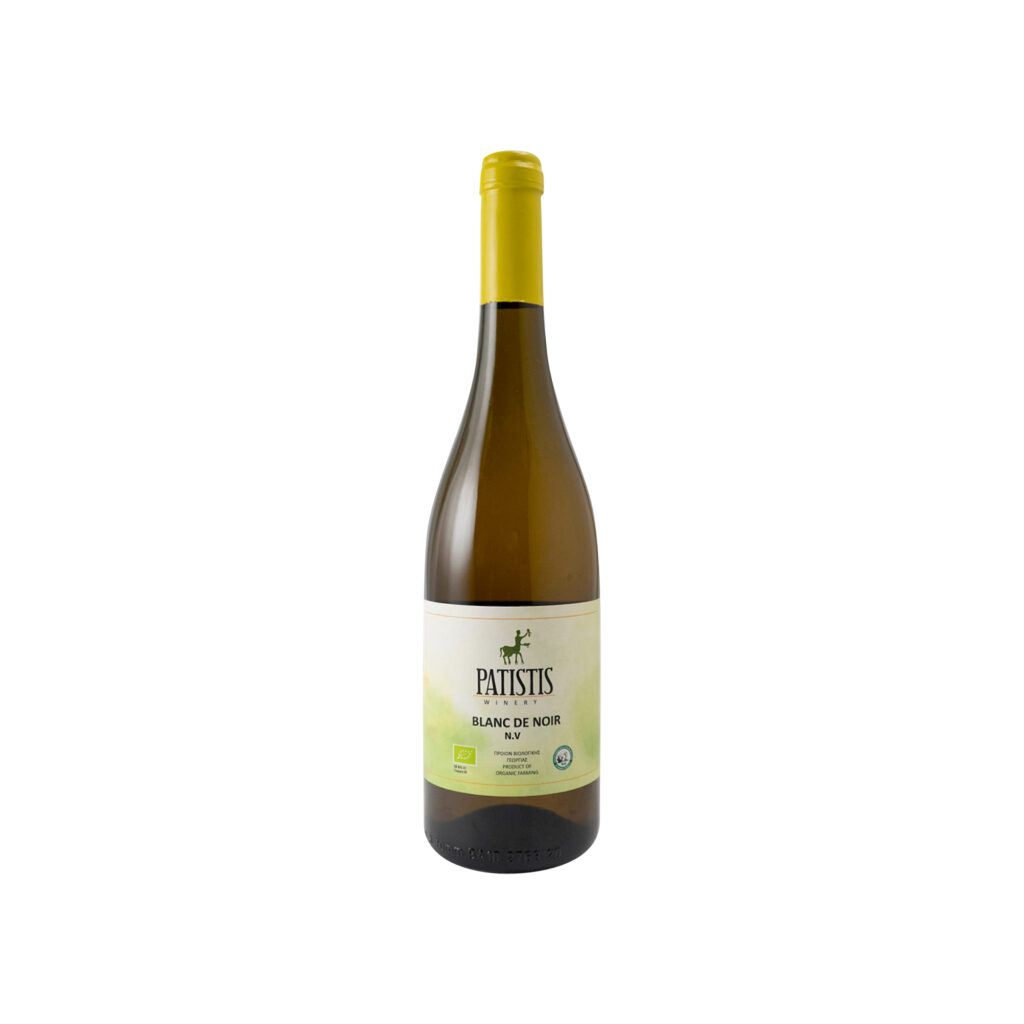Argalasti is built on a fertile plain, 40 km southeast of Volos, at a mid-altitude of 250 meters above sea level. It serves as an important tourist center in the region, boasting a rich cultural tradition.
The legendary Mount Pelion, named after King Peleus, father of Achilles, was the home of Chiron the Centaur, tutor to mythical Greek heroes. It played a role in the marriage of Thetis and Peleus, an event linked to the Trojan War. The mythological narrative adds a touch of intrigue to the natural wonders of Pelion.
Nestled in the southeastern part of Thessaly, Greece, Pelion is a captivating mountain resembling a hook-shaped peninsula between the Pagasetic Gulf and the Aegean Sea. Springs, gorges, and rivulets carve the landscape, sustaining villages with thriving orchards. Pelion enchants tourists year-round with its hiking trails, stone paths leading to scenic springs, coves, and numerous beaches surrounded by vibrant green slopes. During winter, its snowy peaks become a playground for skiing enthusiasts.
The twenty-four villages of modern Pelion preserve traditional architecture, featuring stone buildings adorned with local slate and clay. These multi-storied houses, with characteristic Pelian oriel construction, offer stunning views. According to Pelian tradition, houses have three levels, each serving specific functions. Some grand Pelian mansions have been transformed into boutique hotels.Pelion, with its enchanting landscapes, offers a plethora of sightseeing opportunities that blend myth, history, and natural beauty, like the Centaur’s Path, where the wise Chiron supposedly roamed, or the picturesque villages like Makrinitsa, known as the “Balcony of Pelion,” with its cobbled streets and neoclassical mansions. The Pelion Railway, a narrow-gauge line, provides a nostalgic journey through lush forests and charming villages. The stone-built Pelion Towers, dating back centuries, stand as historical landmarks and the beaches, such as Mylopotamos and Agios Ioannis, offer a perfect blend of azure waters and verdant landscapes. Pelion’s rich tapestry of experiences ensures that every corner holds a unique and captivating sight to behold.


